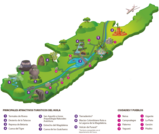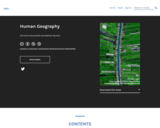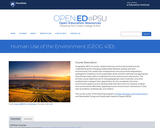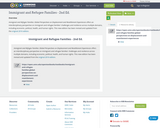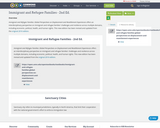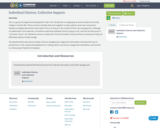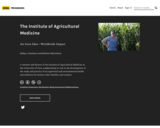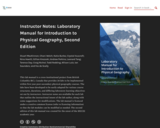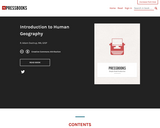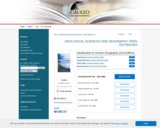Human geography emphasizes the importance of geography as a field of inquiry and introduces students to the concept of spatial organization. Knowing the location of places, people, and events is a gateway to understanding complex environmental relationships and interconnections among places and across landscapes.
Geographic concepts emphasize location, space, place, scale of analysis, pattern, regionalization, and globalization. These concepts are essential to understanding spatial interaction and spatial behavior, the dynamics of human population growth and migration, patterns of culture, political control of territory, areas of agricultural production, the changing location of industry and economic development strategies, and evolving human settlement patterns, particularly urbanization. Geographers use geospatial technology (e.g., satellite imagery, aerial photography, geographic information systems (GIS), global positioning systems (GPS), and drone technology), spatial data, mathematical formulas, and design models to understand the world from a spatial perspective better.
Human geography enables us to consider the regional organization of various phenomena and encourages geographic analysis to understand processes in a changing world. For example, geographic perspectives on the impact of human activities on the environment, from local to global scales, include effects on land, water, atmosphere, population, biodiversity, and climate. These human ecological examples are inherent throughout the discipline, especially in topics dealing with population growth, agricultural and industrial practices, and rapid urbanization. Geographers apply geographic methods and geospatial technologies to a variety of situations.


